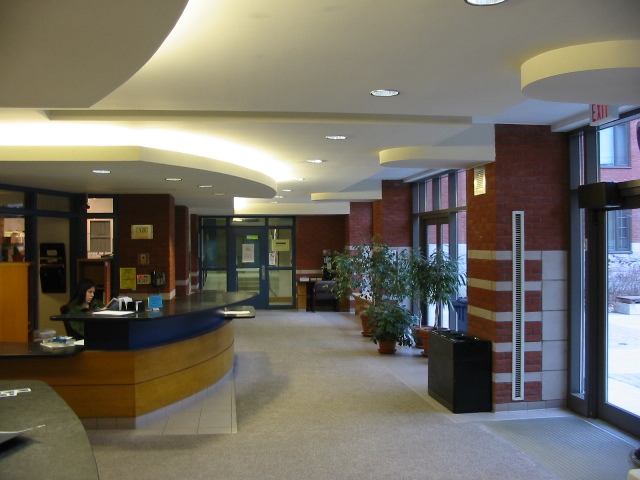Making the most of a student job
Being a student is expensive. Between tuition, books, student fees, transit, rent, and going out, it’ll cost you in the tens of thousands of dollars — if not more — over your time at U of T. Fortunately, there are a few ways to manage dealing with the expenses of university and reducing, or even eliminating, your debt by the time you graduate. These include education savings from family, summer jobs, OSAP, and University of Toronto Financial Aid (UTAPS), with the latter two being financial aid programs available to most students in need. However, one of the arguably most difficult solutions is to work while being a full-time student.
One type of job that full-time students can work during their time at U of T is on-campus jobs. Though working on-campus jobs is more convenient, as it accommodates shifts around your schedule and actively works to ensure that you are prioritizing your studies first, it is a demanding and time consuming experience. But, it’s worth it. From opportunities to network with faculty and fellow students, to being unionized, to learning how to manage your time better, working on campus is as good an experience as any for preparing for life after graduation.
I work at the Sidney Smith Commons, a newly-renovated study space at the east wing of the Sidney Smith Hall, facing St. George Street. A typical week will be about 10 hours of work, sometimes more if I work on weekends as part of recruitment events. I applied for the job, after receiving an email from the university, without any expectation that I would actually be hired. So when I was hired, I was pleasantly surprised, but also nervous. I would have a paid job, but what would that job entail? What would my coworkers be like? What would my bosses be like? Looking back, those questions may have just been a result of this job being a new experience in my university career compared to the other extracurricular activities I’ve had before.
Prior to working at the Sidney Smith Commons, my extracurriculars had been diverse, but of a limited commitment. As a student in my third-year, my life has changed a lot since first-year. From being a student on residence, not greatly involved in anything besides classes, I still regularly contributed to the Innis Herald, and even managed to submit an op-ed in POLIS, the undergraduate political science journal. At this point, I was able to balance any activities I did alongside school, but I had poor time management. By second-year, I averaged two hours of commuting daily, and knew I needed to improve upon my time management skills.
In second-year, I contributed and edited for both the Innis Herald and The Varsity. I was also involved in multiple off-campus political organizations, volunteering around the city while writing and studying. My time management improved, and in the back of my mind, I realized that if I could do all these extracurricular activities, then I could certainly study while having a job on campus.
I had a lot of free time in my schedule, so that would allow me to balance my studies while working as well. My first mistake was not realizing the toll it would take on my time management. I went from getting ahead of my readings days in advance to barely catching up, and starting multiple important assignments the day before they were due. Combined with a lengthy commute, unhealthy eating schedule, and other extracurriculars, I knew I had to make changes quickly. One major change was to fit in doing online readings during my shifts, whenever I was able to. What that did was lessen the load while simultaneously making more efficient use of my time at work. In return, I felt more capable of doing my job knowing that I would have less to worry about after my shifts end.
To be able to enrich your student experience through a campus job, where you interact with multiple areas of the school, is incredibly rewarding, especially in a student hub like Sidney Smith. So far, I have learned a number of odd things from my job that I would not have learned otherwise. Firstly, I learned about the lives of many of my coworkers who were born outside of Canada, whether from Asia, Europe, or Africa. I learned that my superiors have backgrounds in a number of areas, including accessibility and learning strategies. I have also learned that everyone contributes and brings something to the space, creating an environment that is multilingual, multicultural, and accessible to all. Between managing online bookings, Excel folders, recruitment events and media, and giving out surveys to have students reflect on the space, it is a demanding job, but a rewarding one.
My journey to getting this job began in August, when I realized that if I could manage to get a job on campus, I would have a greater ability to work around my schedule and work reasonable hours, all while remaining close to my classes. Having a job is one of the best ways to get the most out of your university experience. Overall, my personal experience as a student and now a student-employee is that everyone’s university experience is unique, and that exploring different pathways will pay off – both figuratively and literally – if you manage to take the plunge.
